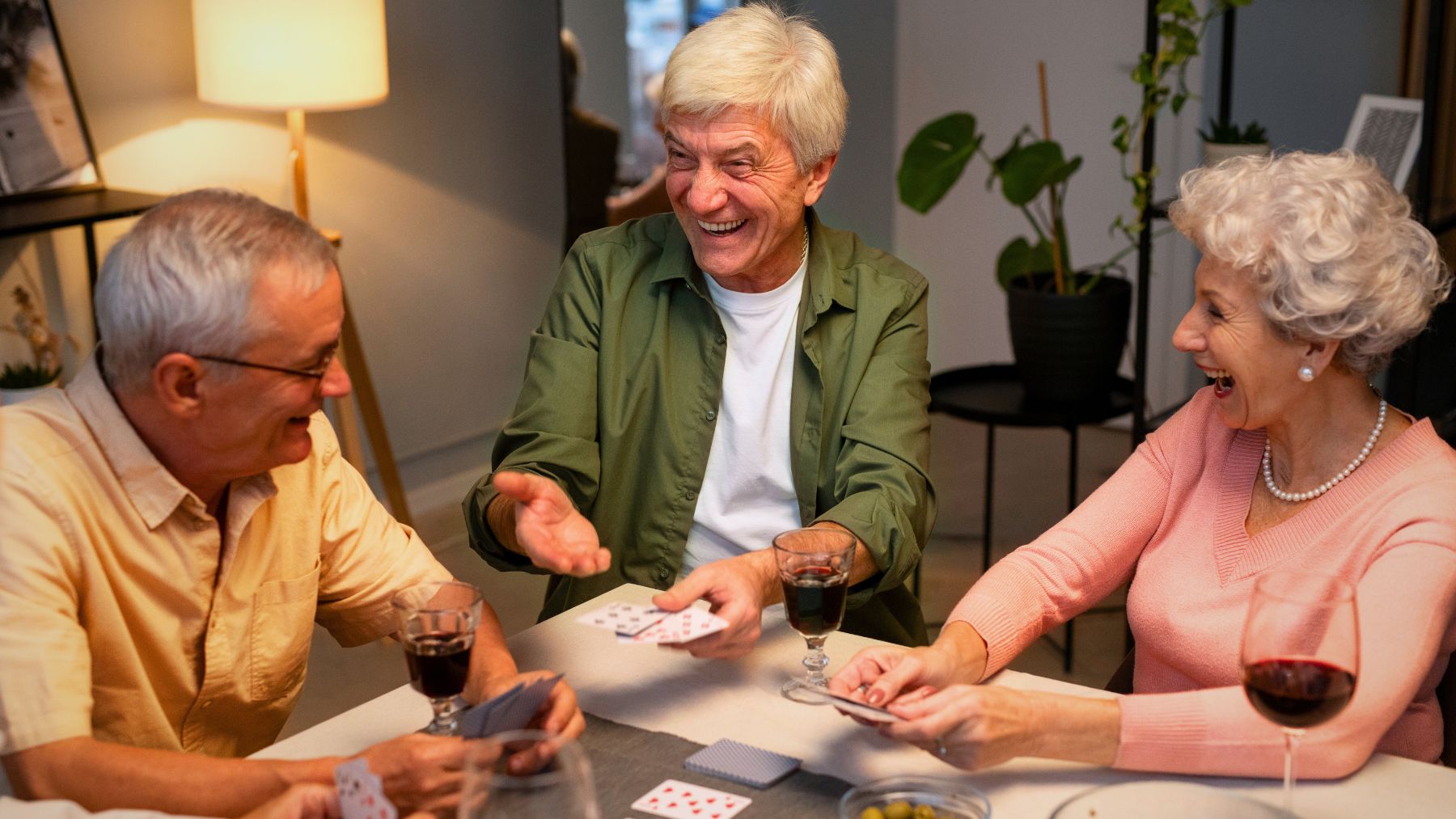There’s a simple activity that can serve as a powerful tool for mental acuity in retirees over 60. It’s not dancing or reading; it’s in the realm of games. We’re talking about bingo, a timeless game that brings a cognitive boost, tapping into memory, attention, and even hand-eye coordination.
Here, we’ll explore how bingo can help to improve focus and mental clarity among older adults. We’ll detail the specific cognitive advantages and describe gameplay tweaks for older folks that can amplify its benefits. In addition, we’ll outline several accessible ways to join in on the fun while also enhancing social interaction.
Bingo, a hobby that boosts brain power for seniors over 60
When you play bingo, your brain engages multiple cognitive functions essential for focus and clarity. Attentive listening is required to capture each called number, while rapid scanning of your card refines visual processing and accelerates reaction time.
It also challenges immediate memory by encouraging you to retain numbers briefly as you search, and it simultaneously hones both auditory and visual perception. Besides, the physical act of marking the numbers promotes fine motor skills and coordination.
Beyond its mental stimulation, the game encourages conversation, laughter, and storytelling, all of which contribute to emotional resilience and a sense of belonging. Regular interaction during bingo sessions helps alleviate loneliness and isolation, factors that are closely linked to cognitive decline, and reduces symptoms of depression.
Easy ways to play bingo for retirees
The charm of bingo lies in its uncomplicated rules and broad accessibility. Below are several avenues where seniors can easily engage and optimize their playing experience:
- Local centers: Senior centers, community hubs, and retirement communities in the US organize regular bingo events. These are accessible spaces for social interaction, mental stimulation, and even intergenerational activities.
- Churches and clubs: Numerous churches, veterans’ organizations, and community clubs often schedule bingo nights as part of fundraisers or routine social gatherings, nurturing local bonds and shared cultural experiences.
- Online options: A multitude of websites and mobile applications feature online bingo games. Although this medium is ideal for in-home entertainment, it may lack the immediate social dynamics of a live session. Seek out platforms with senior-friendly interfaces and straightforward navigation to ensure an engaging virtual experience.
- Home games: Organize your session by inviting friends or neighbors for a relaxed game. This not only provides enjoyable mental exercise but also offers an intimate social connection that benefits emotional health.
For those facing cognitive challenges like Alzheimer’s or Parkinson’s disease, enhancing the accessibility of bingo can boost both participation and effectiveness. Consider the following options:
- Larger cards: Choosing cards with larger numbers facilitates reading and reduces visual strain.
- High-contrast cards: Employ cards featuring high-contrast color schemes, such as black numbers on a bright white background (or vice versa).
- Fewer cards: Limiting gameplay to one or two cards at a time simplifies the experience, improves accuracy, and minimizes frustration by reducing the cognitive load.
These modifications help players locate numbers more swiftly and maintain engagement throughout the game. With these adaptable enhancements, starting a pleasurable and effective bingo session is within easy reach. Try it out, your focus and mental clarity may very well reward your efforts.

